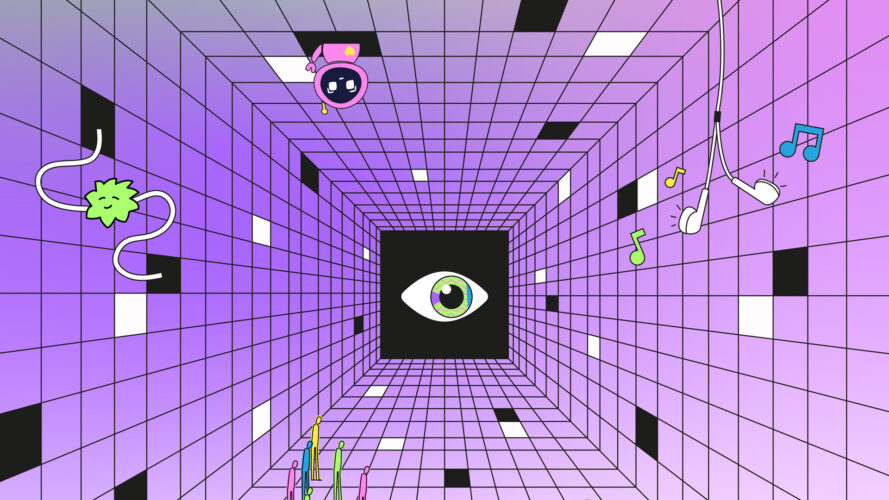
Art
-
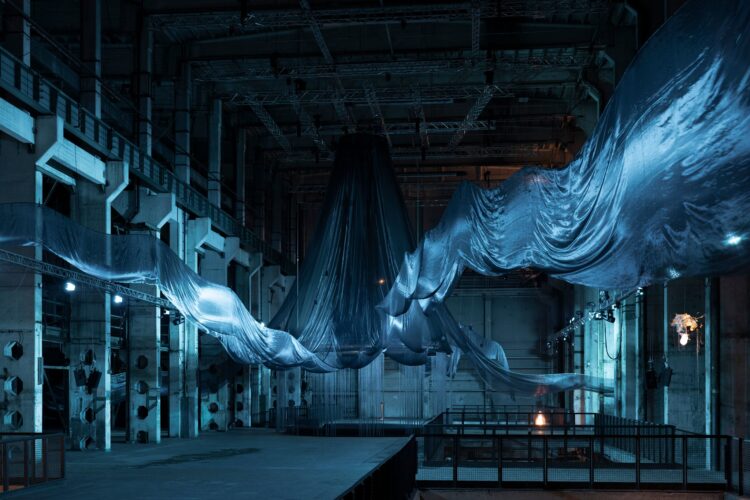
Art in the Quantum Age
The LAS Art Foundation’s Sensing Quantum project has been awarded the S+T+ARTS Grand Prize – Innovative Collaboration for its groundbreaking work in developing new pathways into quantum technology through immersive experiences and interdisciplinary collaboration.
-
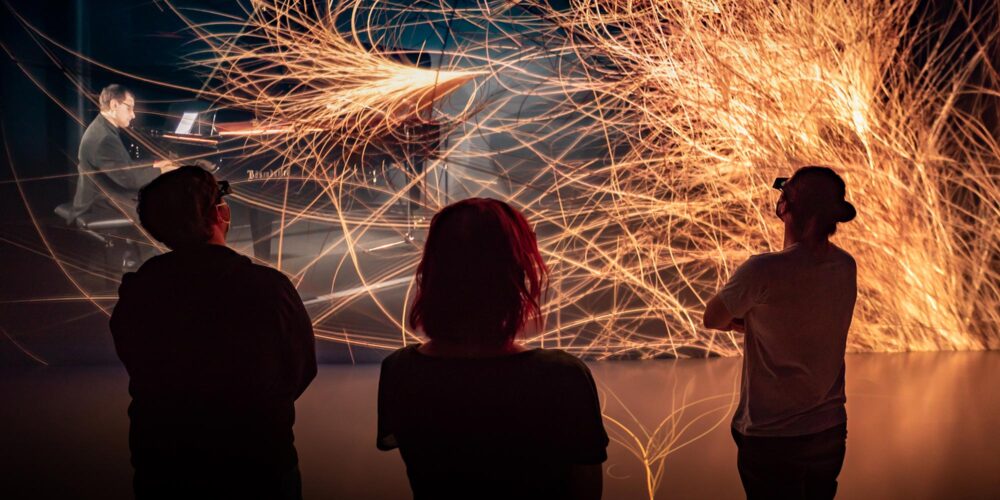
Between Inspiration and Loss of Control: Music in the Age of AI
Artificial Intelligence is changing how we perceive art. Projects such as the Waltz Symphony show how AI can enrich creative processes, as long as humans set the direction. But not everyone is convinced; some fear the loss of originality.
-
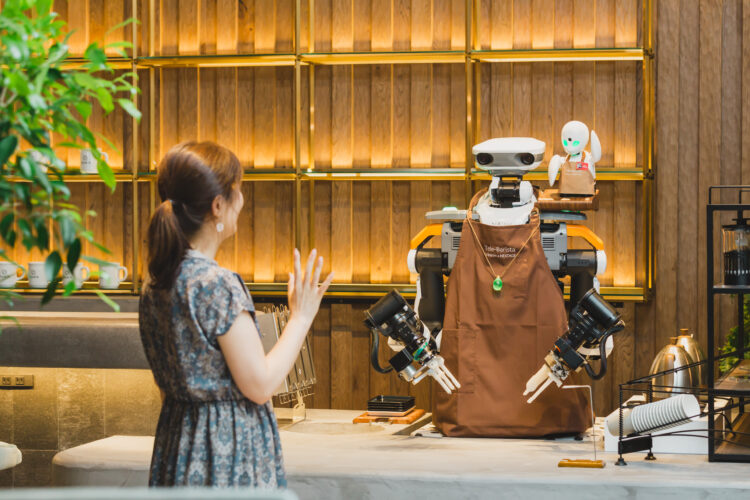
Cutting Edge: Avatars of Humanity
“Cutting Edge” is a new blog series in which Ars Electronica team members present outstanding artistic projects. In the first edition, Gerfried Stocker introduces a project that shows how technology can create closeness: In the ‘Avatar Robot Café,’ people with severe physical disabilities are integrated into everyday working life via robots.
-
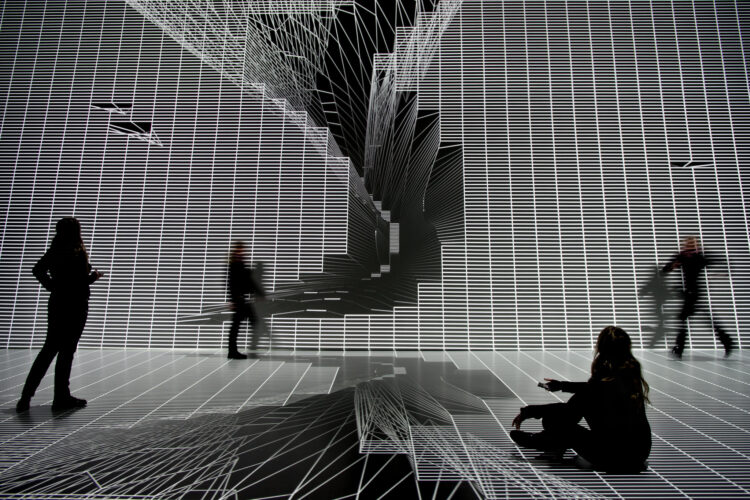
Navigating Panic: Notes from Where Panic Becomes a Compass
As curator in residence of the ARKO-sponsored Curatorial Residency Program, Son Hyerim was on site during the jury weekend of the Prix Ars Electronica. In this guest article, she shares her personal reflections on this experience.
-
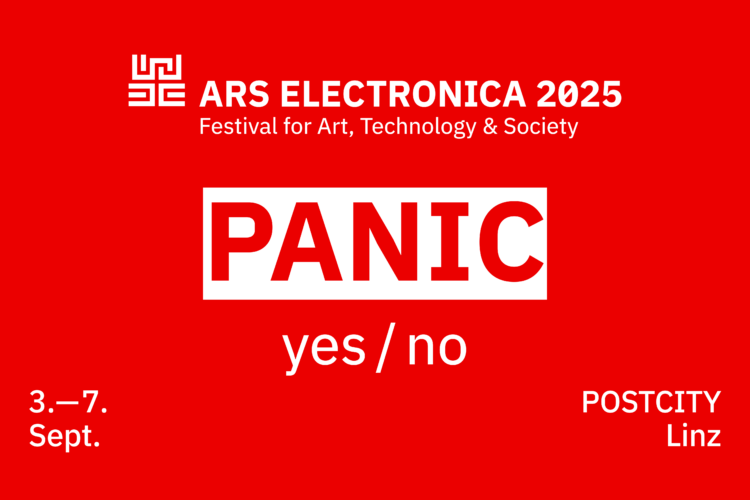
The Times They Are a-Changin’
From the uncertainty of the present to the power of art – in conversation with Gerfried Stocker, we shed light on the theme of the Ars Electronica Festival 2025.
-
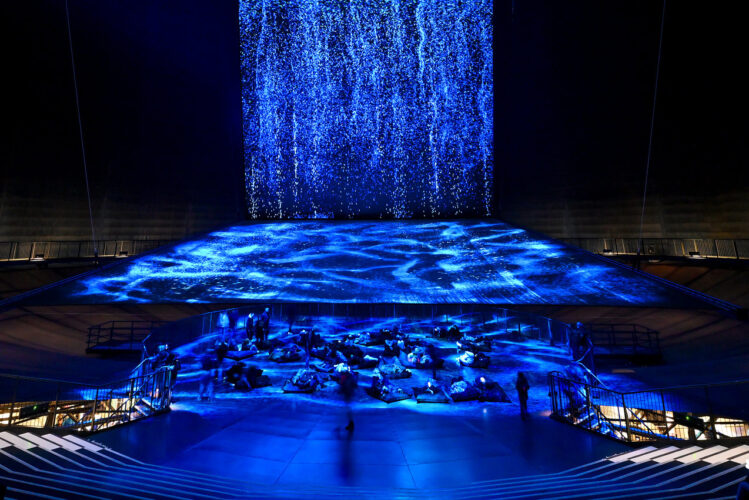
The Art of Knowledge Transfer
Science is complex, science is slow. Projects that do not preach data and figures but stage experiences show how it can still be made exciting.
-
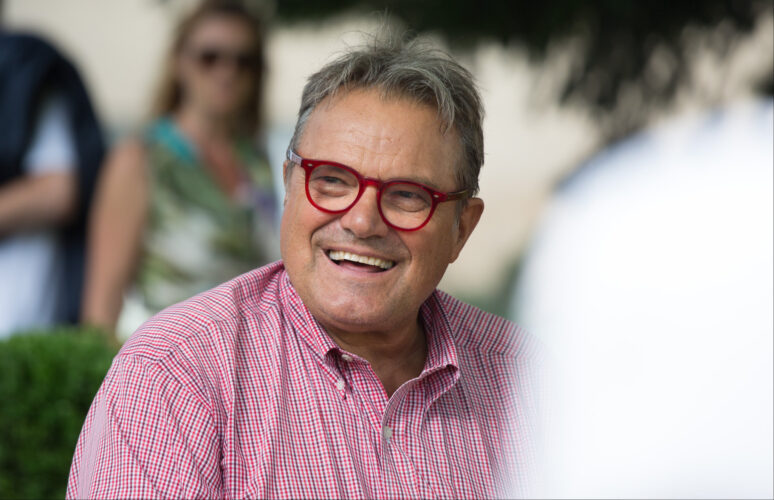
Oliviero Toscani: Creativity has to be subversive
Oliviero Toscani (1942–2025) used art and advertising to challenge society. His legacy inspires us to rethink the status quo.
-
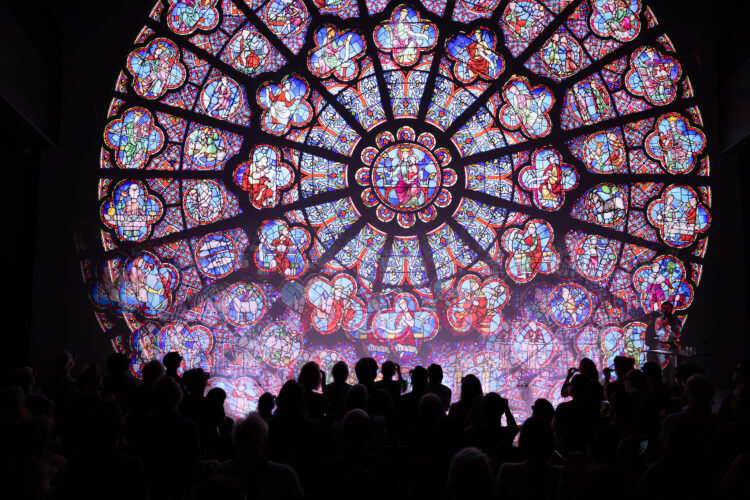
Can art change the world?
In 2024, Ars Electronica once again used international open calls, exciting collaborations and the festival as a stage to show how art can highlight creative solutions to the pressing issues of our time.
-
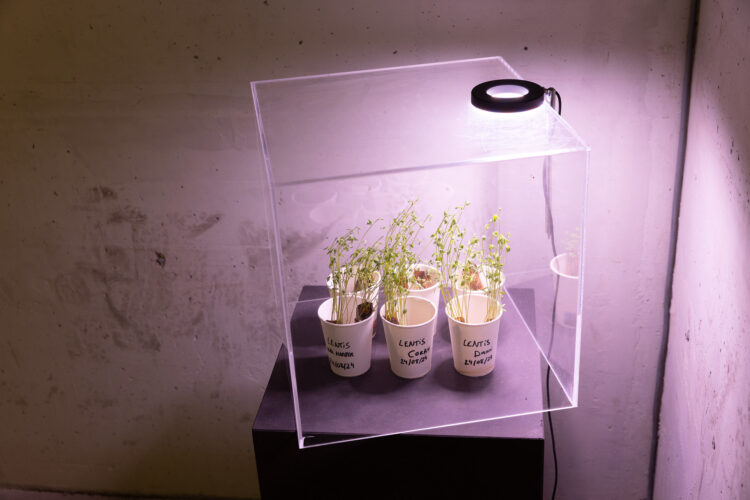
Ethical Approaches in Bio Art
Researcher and curator Eunji Kwon provides insights into her research work as part of the ARKO and Ars Electronica curatorial residency programme.
-
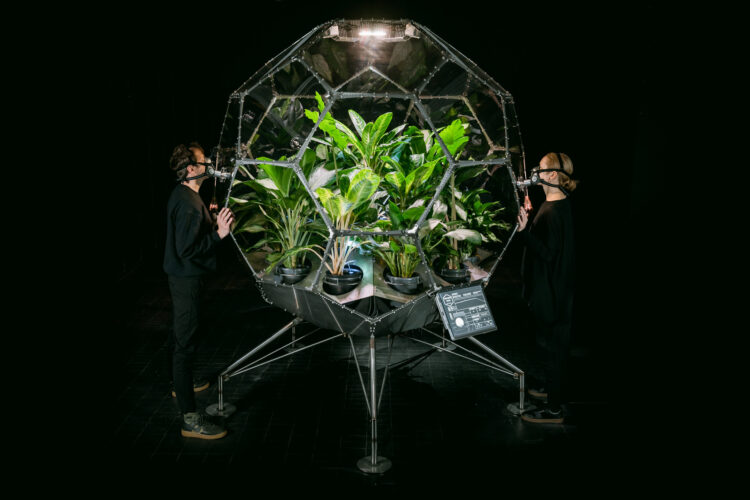
The interconnected world
The new exhibition at the Ars Electronica Center, “Connected Earth”, thematizes how the smallest creatures and powerful tides interact, what changes in biodiversity mean for man-made infrastructures, and what makes the Earth so habitable for millions of species, especially in their interaction.
-
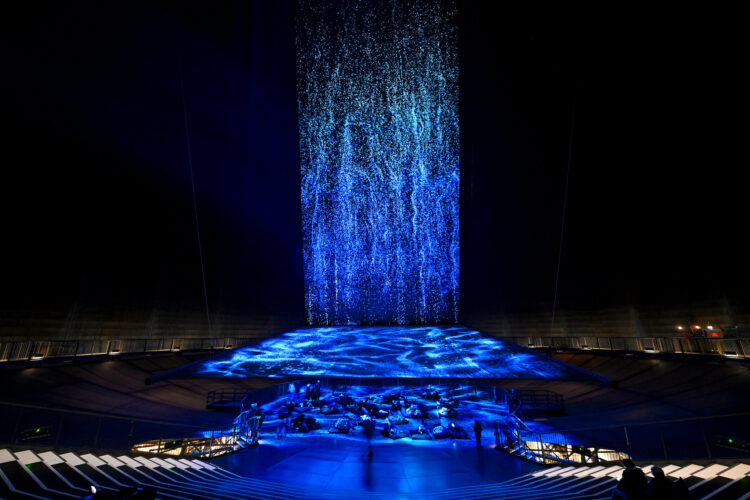
Immerse yourself in the art of the wave
Since March 2024, “Planet Ocean” has been inspiring visitors to the Oberhausen Gasometer with its giant ocean projection “The Wave”. Project manager Ina Badics and her team give an insight into the challenges and inspirations that made this unique installation possible.
-

Challenging Power and Space Through Digital Art
Borders, technology, and power—Enar de Dios Rodríguez challenges us to rethink the spaces we live in through her award-winning, thought-provoking audiovisual essay, Ecotone.
-
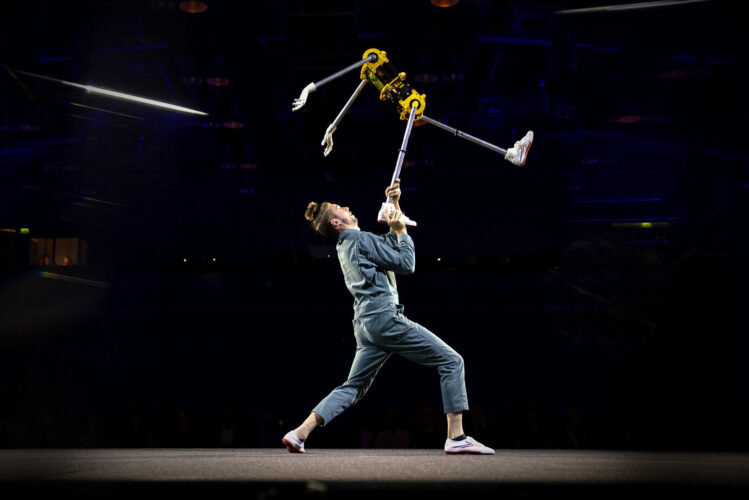
A record: More than 112,000 visits to Ars Electronica 2024
Once again, the Ars Electronica Festival has shown what it is all about: creating space, time and an atmosphere in which people can exchange ideas and inspire each other.
-
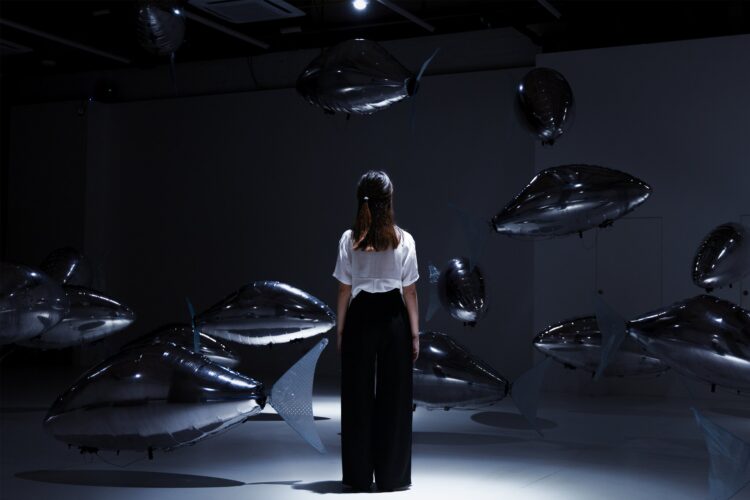
Experience Hope, Shape Change
Hope is not a substitute for action. Rather, it is a basis for action that we consciously choose – in the midst of cynicism, ignorance and indifference. An invitation to feel, to act, to touch and to be touched.
-
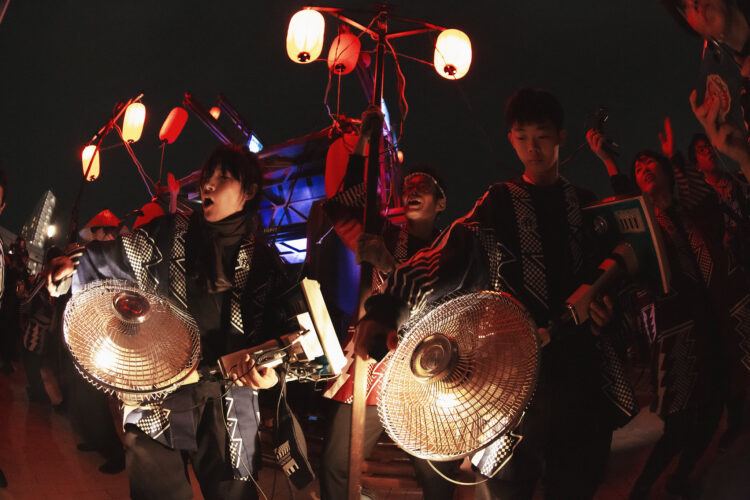
Ars Electronica Festival: A stage for music & experiments
Music is a central component of the Ars Electronica Festival. From September 4 to 8, visitors can expect a diverse program ranging from classical to digital music
-
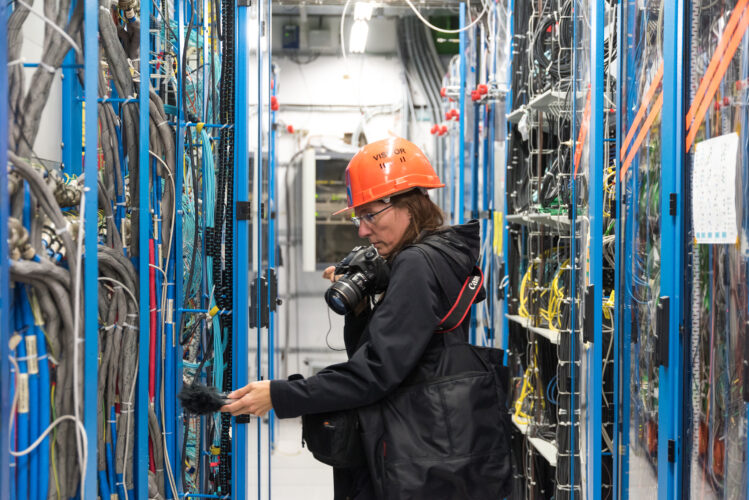
STARTS 2024 Exhibition: Art as a Catalyst in the Innovation Process
How can we foster a culture in which art, science, and technology thrive as interrelated and mutually enriching methods of exploration, knowledge, and discovery? For a more sensitive and determined approach to the pressing issues of our time. Let’s embark on a journey into a world of possibilities. A world of new solutions.
-
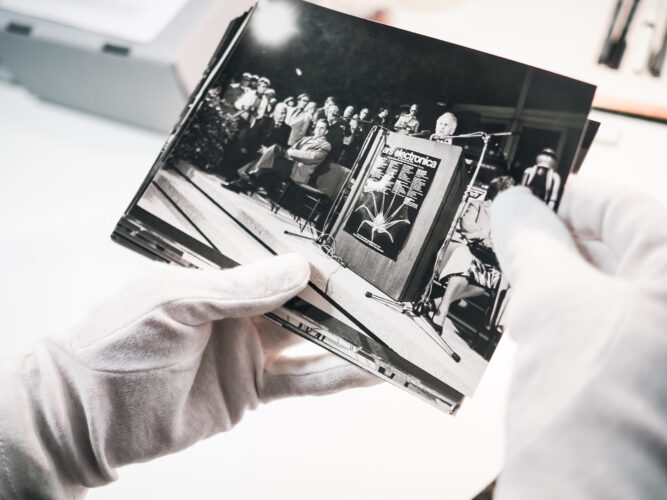
How the Ars Electronica Archive Reflects the Development of Artificial Intelligence
What do an archive of media art and the history of AI have in common? And can these histories perhaps be intertwined in order to gain a better insight into what has fascinated and preoccupied people at different times with the idea of “artificial intelligence”?
-
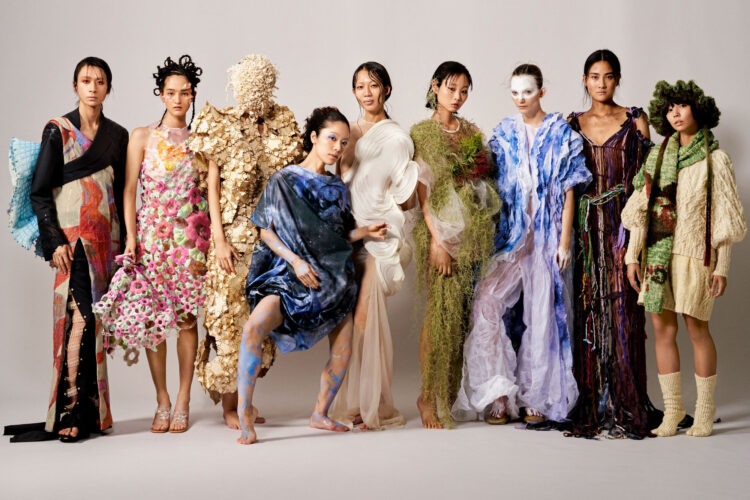
Art Thinking Lounge: A Hub for Creative Innovation
The Art Thinking Lounge is a platform for transformation through art that offers companies, artists, scientists, activists and citizens a space to explore and discuss future visions through art.
-
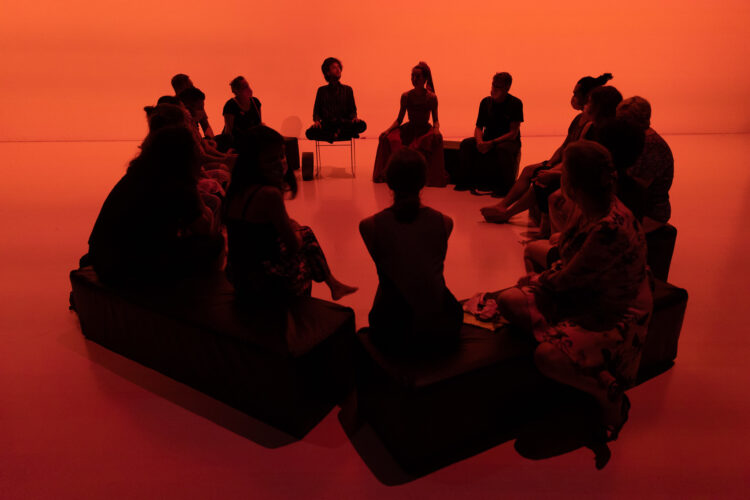
A Festival for Artists
What is the role of art festivals like Ars Electronica? What do they have to do and for whom? For good reason, the vast majority of answers to these questions focus on the audience. However, another key target group is often overlooked: the artists themselves.
-
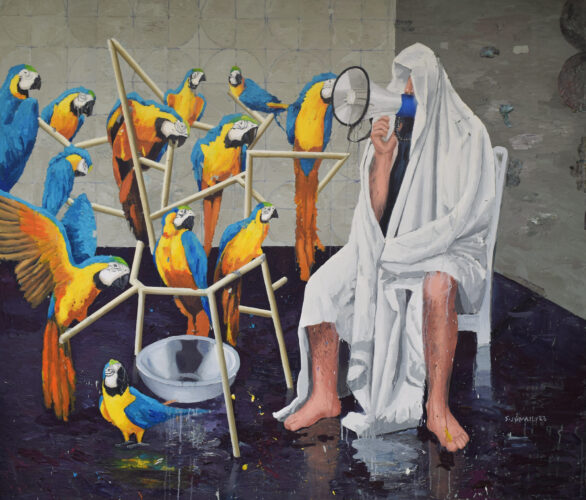
Artistic resistance and social resilience: State of the ART(ist) 2024
State of the ART(ist) in 2024 demonstrates how art can flourish under extreme conditions and reflect social issues.
-
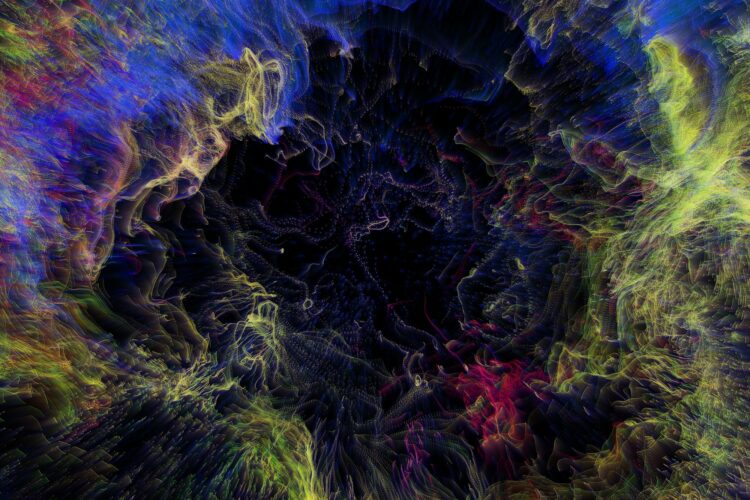
When Science and Art Come Together: The JKU Linz at the 2024 Ars Electronica Festival
Science and art are joining forces to find innovative solutions to current crises. Eight joint projects by JKU scientists and artists will be presented at the Ars Electronica Festival in Linz.
-
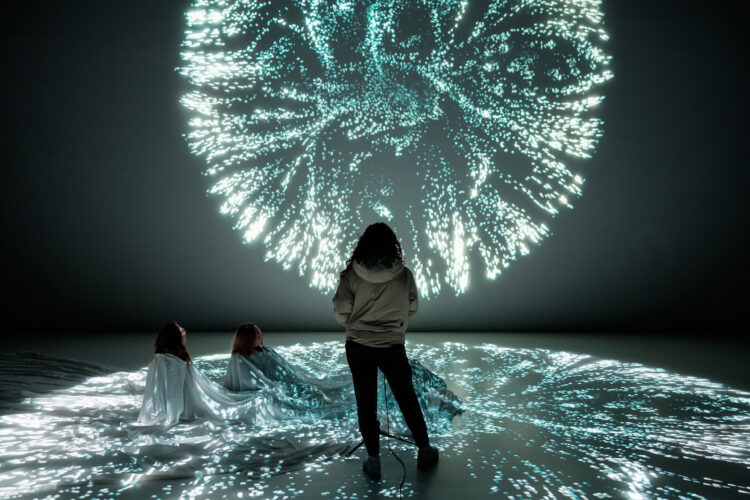
Interdisciplinary and practice-based learning
The IT:U programme of the Ars Electronica Festival 2024 addresses societal challenges through interdisciplinary innovation, bringing together experts from a variety of fields, including technology, art, science and design, to work together on effective solutions.
-
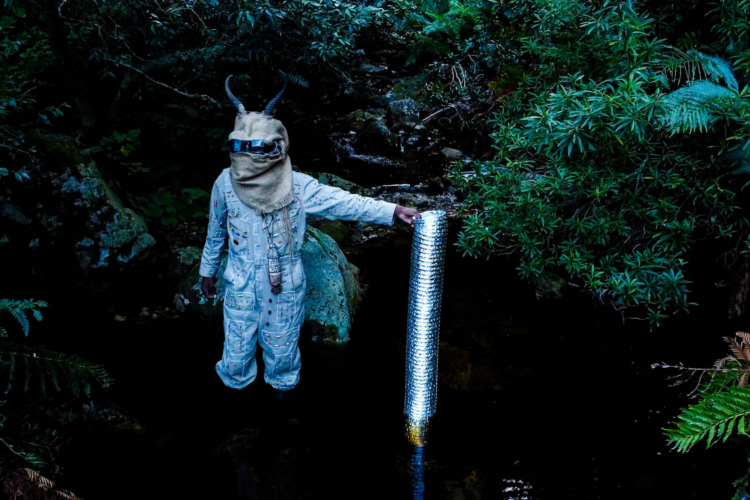
The new Ars Electronica Platform Europe
The European Platform for Digital Humanism has been relaunched as Ars Electronica Platform Europe to foster collaboration for tech-driven change through art and to advocate for healthy democracies on the continent and beyond.
-
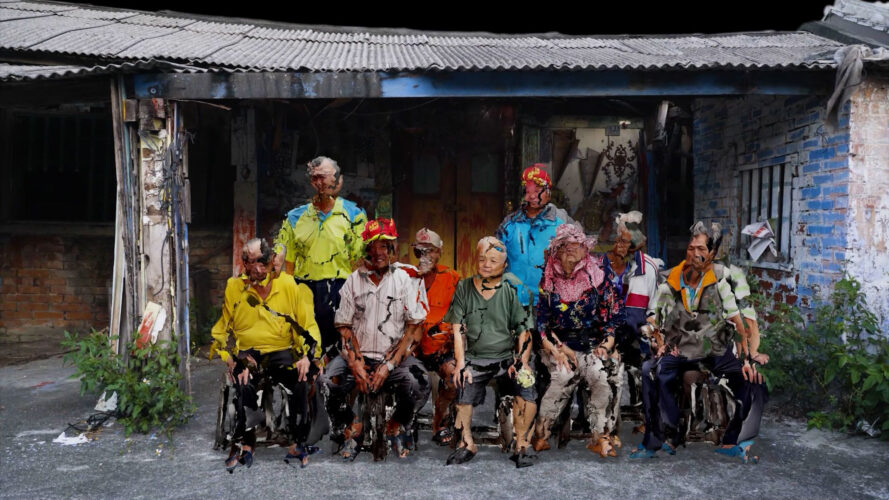
From Taiwan to Austria: Expanding artistic horizons
Projects arising from the collaboration with TAICCA and other Taiwanese partners bring AI reflection and artistic innovation to the Ars Electronica Festival.
-
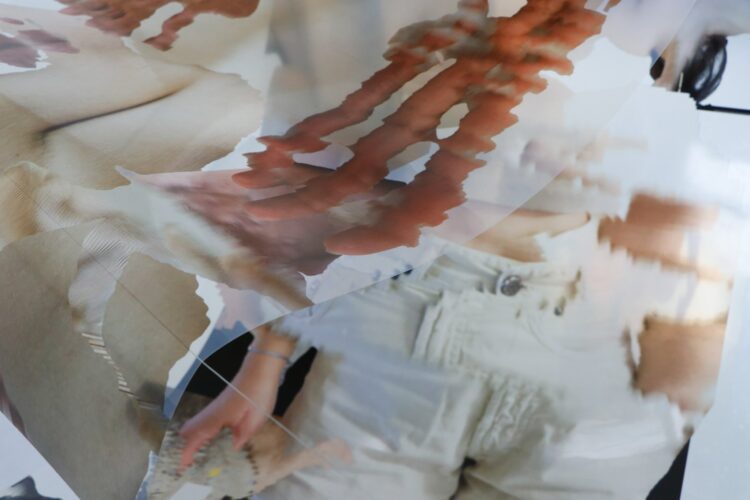
“Do we just look, or do we see?”
Manuela Naveau, curator of the Kunstuni Campus at the Ars Electronica Festival and university professor of Critical Data / Interface Cultures, on seeing, dreaming, celebrating and a tower on the main square in Linz.
-
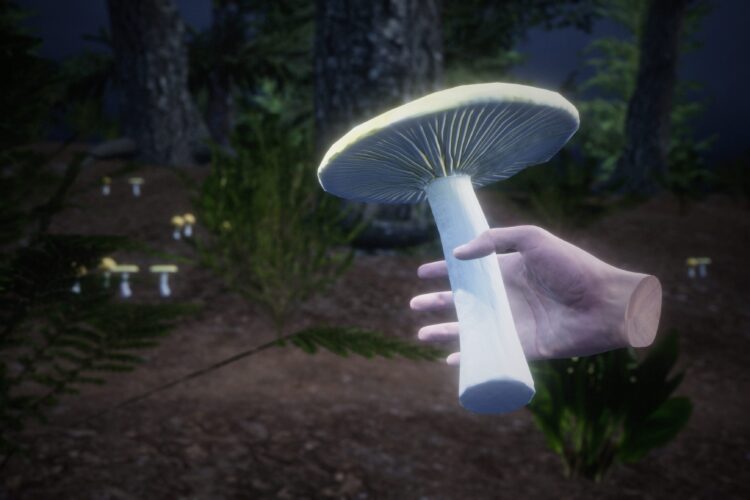
Virtuality meets reality: XR projects at the Ars Electronica Festival
The exhibition „Applied Virtualities: Extended Reality in Practice“ shows how XR technologies are opening up new paths and poses important questions about the future of our digital world.
-
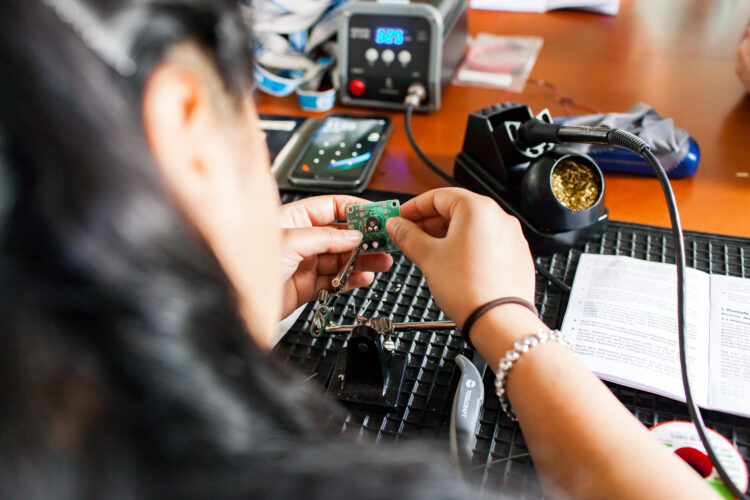
create your world festival: From hope to action. Between yesterday and today.
What does it really mean to shape the world? How do you find confidence in your ability to influence? What role does our mental health play in society? Who takes responsibility? Will we turn the tide?
